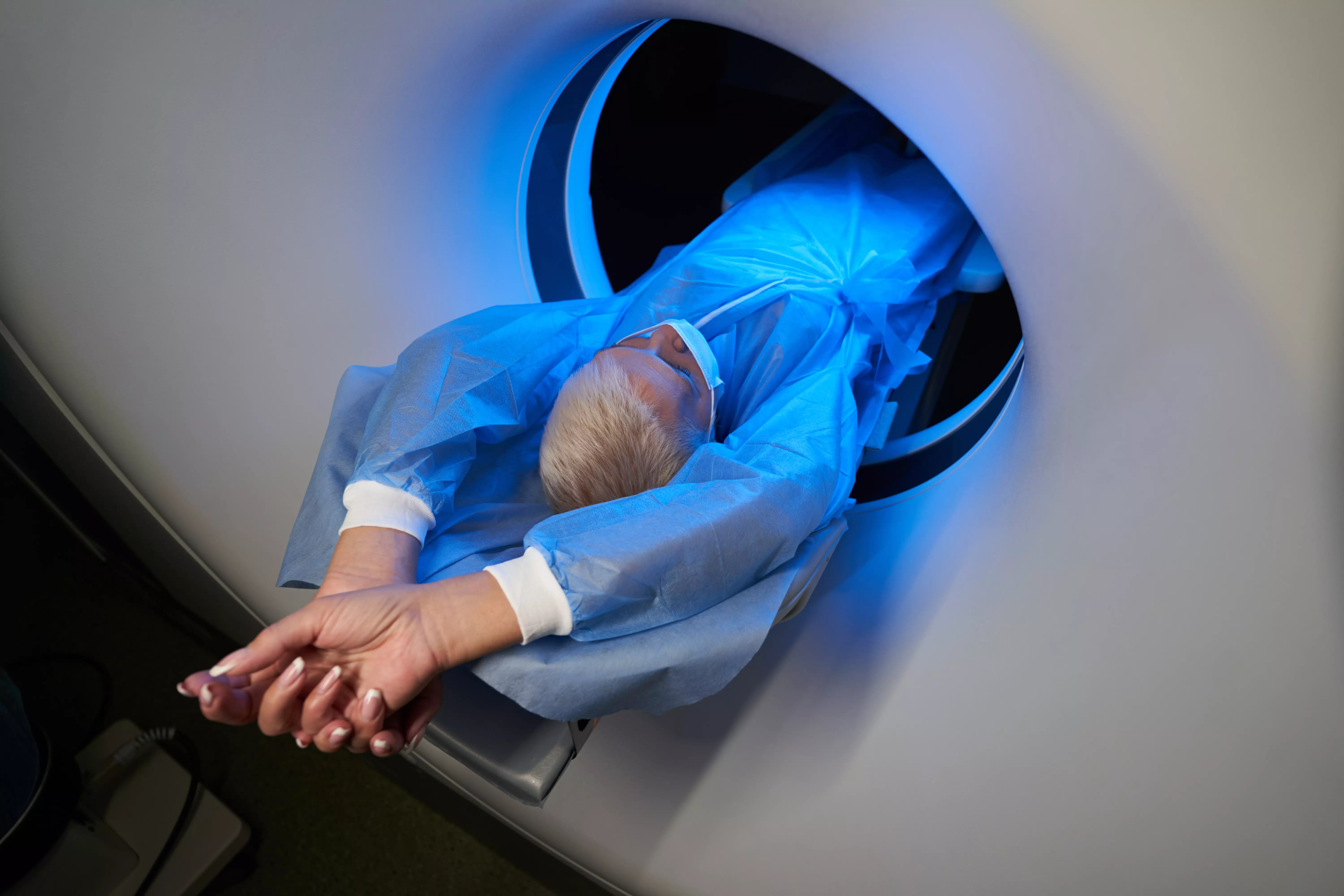The role of the radiation therapist
Radiation therapy is a key part of the treatment of many types of cancer, allowing high-energy radiation to be directed at cancer cells, leading to their destruction. A specialist, called a radiation therapist, is responsible for this part of the treatment process.
Who is a radiation therapist?
A radiation therapist is a medical professional who specializes in treating cancer with radiation therapy. His main role is to plan and carry out radiation therapy procedures, monitor the patient during the treatment process and adjust the treatment depending on the patient's response.
What are the responsibilities of a radiation therapist?
The radiation therapist plays a key role in the radiation therapy process. His responsibilities include:
Consultation and treatment planning
Initially, the radiation therapist meets with the patient for a consultation to discuss everything about the radiation therapy process. This meeting allows the specialist to explain to the patient what the therapy involves, its benefits and potential side effects. It is also an opportunity to discuss the patient's individualized treatment plan.
Performing radiation therapy procedures
The radiation therapist supervises and performs radiation therapy procedures. This includes positioning the patient and the radiation therapy machine in the right way to make sure the radiation is directed to the right areas.

Monitoring the patient
During the treatment process, the radiation therapist monitors the patient's condition and responds to any changes. This may include adjusting the treatment plan, if necessary, and managing the side effects of radiation therapy.
Collaborating with other specialists
Radiation therapists often work in teams that may include physicians from other specialties, such as oncologists, surgeons, oncology nurses and medical physicists. This collaboration is important to ensure the most effective and integrated treatment.
Educational Requirements and Qualifications
Radiation therapists must complete a medical degree followed by a specialization in radiation therapy. This specialization includes both theoretical learning and practical, clinical experience. After completing their education and obtaining the appropriate license, radiation therapists must keep their qualifications up to date by participating in ongoing training and education.
Conclusions
The role of the radiation therapist is extremely important in the cancer treatment process. As specialists in the field of radiation therapy, they are essential for planning and carrying out complex radiation therapy procedures. In addition, with their skills and experience, radiation therapists are able to tailor treatment to each patient's individual needs, resulting in more effective and safer cancer treatment.

Add comment